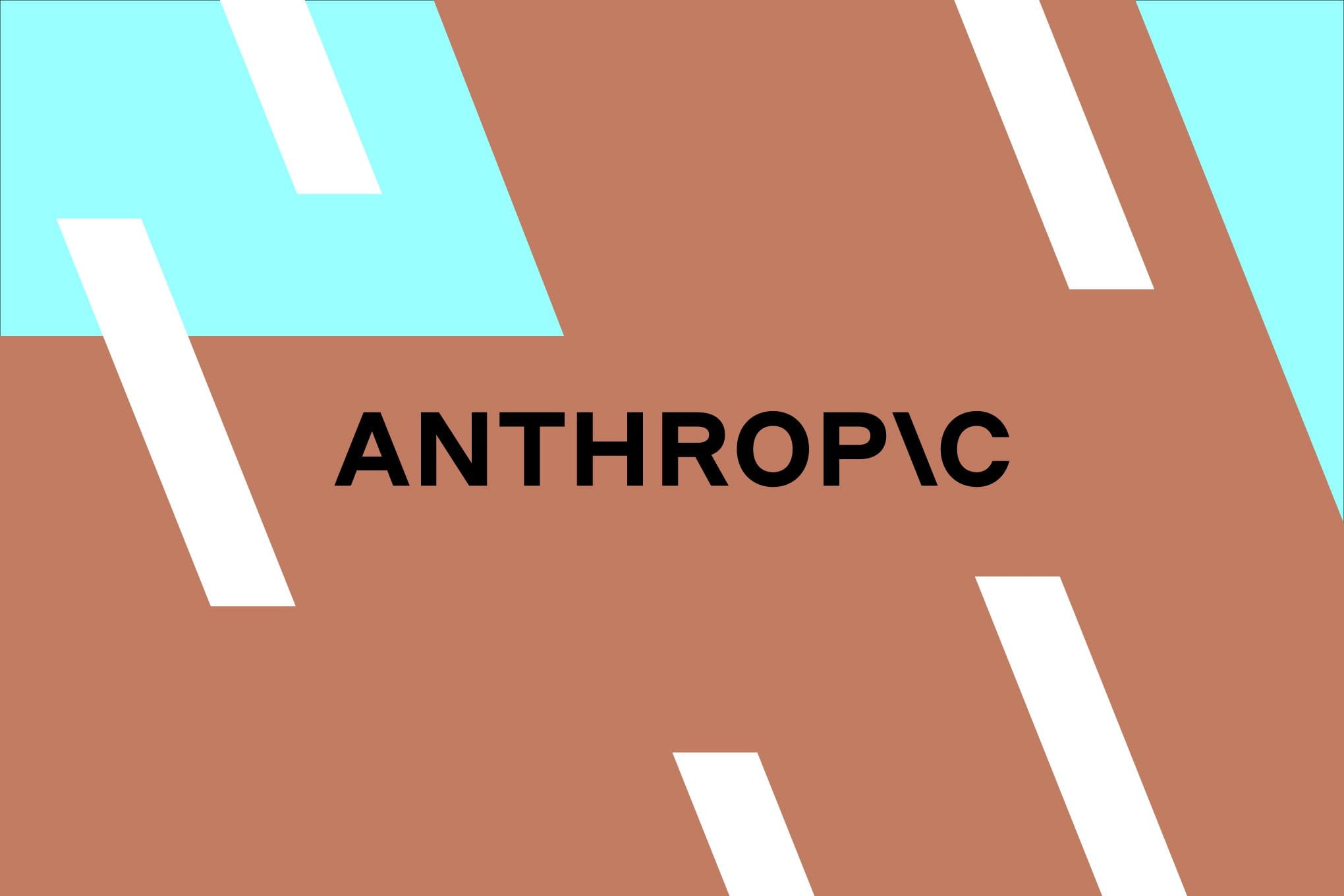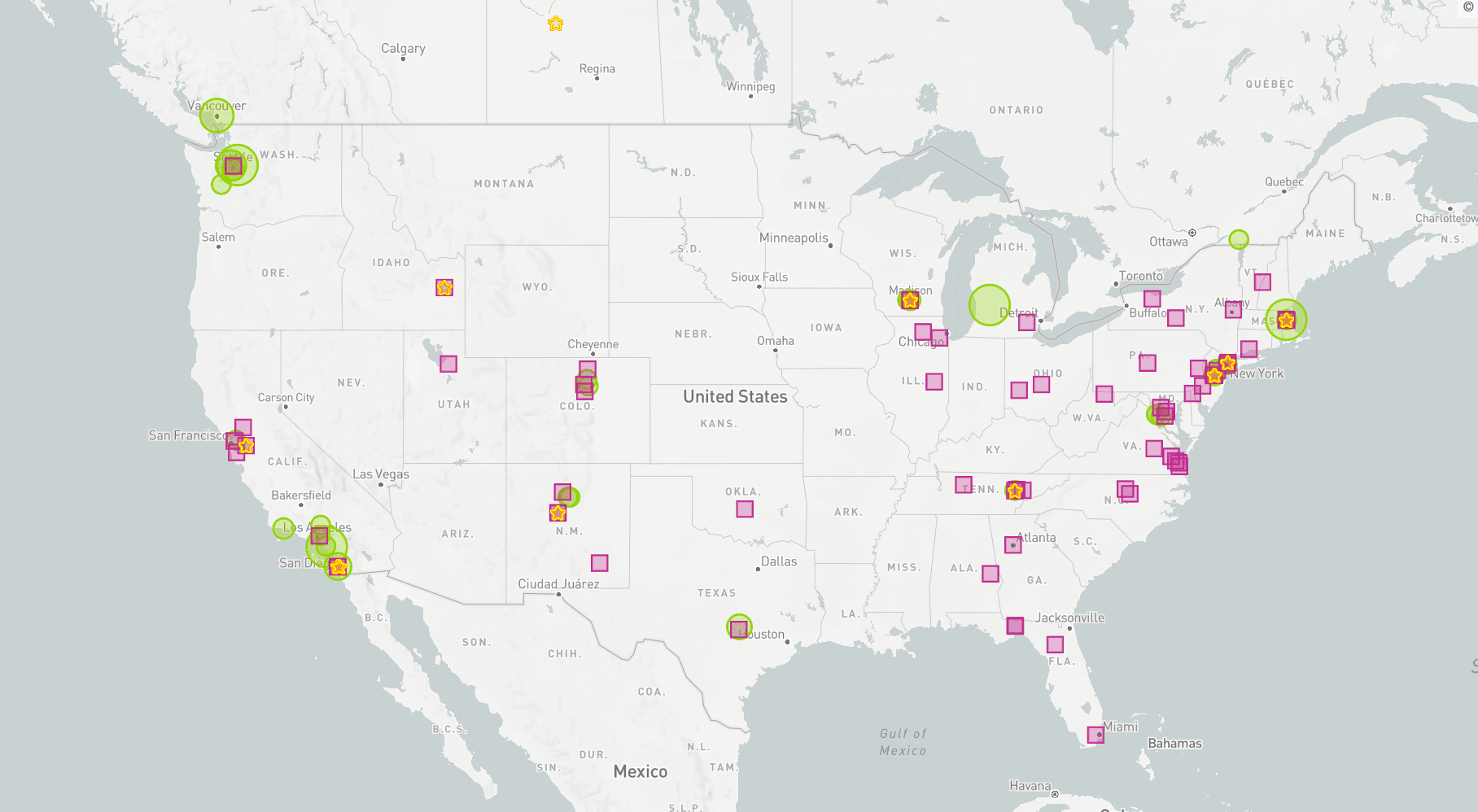

anthropic settles ai book piracy lawsuit: Anthropic, an AI startup known for its Claude AI models, has reached a settlement in a class action lawsuit filed by a group of US authors who accused the company of copyright infringement. In a legal filing submitted on Tuesday, Anthropic disclosed that it has negotiated a “proposed class settlement,” which will allow the company to avoid a trial that could have determined the extent of its financial liabilities related to the alleged training of its AI models on pirated works.
Key takeaways
- Anthropic has settled a lawsuit with US authors over copyright infringement claims.
- The lawsuit accused the company of using pirated materials to train its AI models.
- The settlement terms remain undisclosed, but are expected to be finalized by September 3rd.
- The case could have resulted in significant financial penalties for Anthropic if it had gone to trial.
The lawsuit originated from a complaint filed in 2023 by authors Andrea Bartz, Charles Graeber, and Kirk Wallace Johnson. They alleged that Anthropic trained its Claude AI models using an open-source dataset that contained numerous works without proper authorization. This claim raised significant concerns regarding copyright infringement and the ethical use of content in AI training datasets.
In June 2024, Anthropic achieved a notable legal victory when Judge William Alsup ruled that training AI models on legally purchased books could be considered fair use. This ruling suggested a potential defense for Anthropic against some of the claims made by the authors. However, the judge also indicated that further litigation could proceed regarding the specific allegations of using pirated materials.
Following the June ruling, the situation escalated when Judge Alsup approved a class action lawsuit from the authors. The plaintiffs accused Anthropic of engaging in “Napster-style downloading” of millions of works, implying that the company’s practices were similar to those of the now-defunct file-sharing service that was notorious for copyright infringement. The authors argued that such actions not only violated copyright laws but also undermined the livelihoods of writers and creators.
As the case approached trial, which was scheduled for December 2024, the potential financial implications for Anthropic became increasingly concerning. Legal experts had estimated that the company could face penalties amounting to billions of dollars, with some projections suggesting liabilities could exceed $1 trillion if the court found in favor of the plaintiffs. Given these stakes, the settlement may represent a strategic move by Anthropic to mitigate potential financial fallout and avoid the uncertainties of a trial.
Details regarding the terms of the settlement remain largely undisclosed at this time. However, Justin Nelson, an attorney representing the authors, expressed optimism about the agreement, stating, “This historic settlement will benefit all class members.” He also indicated that further details would be revealed in the coming weeks, following the expected finalization of the settlement on September 3rd.
Context of the Lawsuit
The lawsuit against Anthropic is part of a broader conversation about copyright and intellectual property rights in the context of artificial intelligence. As AI technologies continue to evolve, the question of how these systems are trained and the sources of their training data have come under increasing scrutiny. The use of copyrighted materials without explicit permission raises ethical and legal questions, particularly as AI models become more integrated into various industries.
The rise of generative AI has prompted numerous legal challenges, as creators and copyright holders seek to protect their works from unauthorized use. This case is one of several that underscore the tension between technological advancement and the rights of content creators. The outcome of such lawsuits could set important precedents for how AI companies navigate copyright issues in the future.
Implications for the AI Industry
The settlement with the authors could have significant implications for the AI industry as a whole. If Anthropic’s practices are deemed acceptable under the law, it could pave the way for other AI companies to adopt similar strategies in training their models. Conversely, if the lawsuit had gone to trial and resulted in a ruling against Anthropic, it might have led to stricter regulations and guidelines surrounding the use of copyrighted materials in AI training.
Moreover, the settlement highlights the importance of transparency and ethical considerations in AI development. As public awareness of these issues grows, companies in the AI sector may need to prioritize ethical practices and engage in more open dialogues with content creators to foster trust and collaboration.
The Future of Copyright in AI
Looking ahead, the resolution of this case may influence legislative and regulatory efforts to address copyright in the context of AI. Policymakers are increasingly tasked with finding a balance between encouraging innovation and protecting the rights of creators. The outcome of this lawsuit could serve as a catalyst for new laws or amendments to existing copyright frameworks, particularly as they relate to AI-generated content.
As the technology continues to advance, the legal landscape surrounding AI and copyright will likely evolve, necessitating ongoing discussions among stakeholders, including tech companies, legal experts, and content creators. The Anthropic case serves as a vital example of the challenges and complexities involved in navigating these issues.
In conclusion, the settlement reached by Anthropic in the class action lawsuit brought by US authors marks a significant moment in the ongoing dialogue about copyright and artificial intelligence. While the specific terms of the settlement remain undisclosed, the implications for both the AI industry and the rights of content creators are profound. As the case is finalized, it will be essential to monitor how it influences future legal frameworks and industry practices regarding the use of copyrighted materials in AI training.
Source: https://www.theverge.com/news/766311/anthropic-class-action-ai-piracy-authors-settlement
Was this helpful?
Last Modified: August 27, 2025 at 1:49 am
0 views















